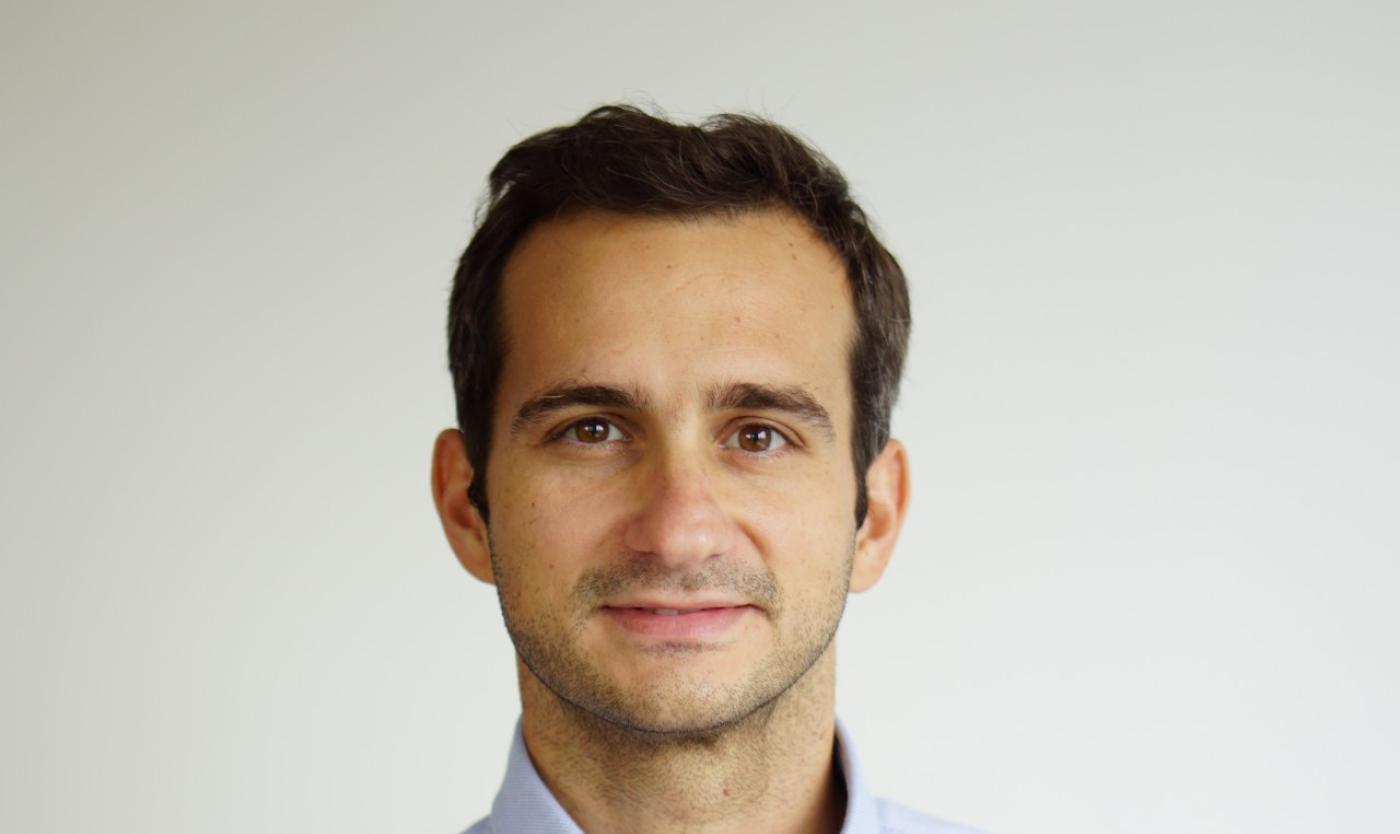
The Free University of Brussels (VUB) is proud to announce that two of its researchers have been awarded prestigious ERC Consolidator Grants by the European Research Council. The projects focus on improving collaboration between intelligent machines on the one hand and addressing deeply rooted social inequalities on the other. Professors Nikos Deligiannis and Pieter-Paul Verhaeghe have been given this opportunity to make groundbreaking contributions to science and society.

Nikolaos Deligiannis
Project: IONIAN
Title: Reinventing Multiterminal Coding for Intelligent Machines
Researcher: Professor Nikolaos Deligiannis (Department of Electronics and Informatics (ETRO))
Professor Deligiannis is also a lead researcher at imec.
Budget: €1,999,404
Professor Nikolaos Deligiannis is spearheading Project IONIAN, which aims to reinvent multiterminal coding—a critical technology for enabling efficient communication and collaboration among intelligent machines. With the explosive growth of data such as video and point cloud streams, current storage and communication technologies are under immense strain, compromising the ability of intelligent systems to cooperatively perceive their environments.
This project proposes a groundbreaking compression and communication approach based on interpretable and explainable AI, designed to surpass the limitations of traditional compression and cooperative perception techniques.
IONIAN combines classical theories like distributed source coding with modern deep learning techniques and explainable AI, focusing on three innovative pillars:
- Addressing theoretical limitations in multiterminal coding.
- Designing interpretable and efficient machine learning models.
- Developing new methods to enhance model interpretability.
The ultimate goal of this project is to elevate the collaboration between intelligent systems, such as autonomous vehicles and mobile robots, improving safety and trust in these technologies.
Project: MARIS
Title: A Multidimensional Analysis of Racism and Immobility at the Societal Level
Researcher: Professor Pieter-Paul Verhaeghe (Brussels Institute for Social and Population Studies (BRISPO))
Budget: €1,968,788
With the MARIS project, Professor Pieter-Paul Verhaeghe investigates how racism and social mobility differ between countries and over time. People's socio-economic background and ethnic origin are unfortunately still two major sources of exclusion today, translating into intergenerational social immobility and racism, respectively. Until now, both issues have too often been studied in isolation, and often with a limited number of indicators. MARIS focuses on a multidimensional analysis of racism and intergenerational social immobility. This project integrates four dimensions of racism (discriminatory behaviour, perceived discrimination, explicit attitudes and implicit bias) and four dimensions of social immobility (social class, status, income and education) to paint a complete picture of how these factors converge.
MARIS not only explores the relationship between racism and social mobility, but also analyses variations across countries and over time. This research offers new insights into how policies and economic conditions, such as recessions, affect exclusion. The project builds bridges between different research fields and opens a new paradigm within social and economic sciences.
Pieter-Paul Verhaeghe